~ 17 ~
A GLIMPSE OF GLORY ~
“His face shown like the sun.”
I prepare my heart for prayer
As I begin, I take a moment to become aware of the Lord present to me,
looking upon me with love, desiring to speak to my heart.
Prayerfully, I read Matthew 17:1-13
After prayerfully reading, I ask for a grace I desire in this time of prayer.
Using my reasoning:
• Think about what is happening in the scene; what are the action words?
• Who are the people in the scene? What is the place? What things are described?
• What words catch my attention? What does this mean to me?
Using my imagination:
• Imagining myself in the scene – am I an observer or participant? To whom am I drawn?
• Using all of my senses – what do I see? What do I hear? What do I feel, smell or taste?
Reflect on what God is saying to my heart:
• As I reflect, I use my spiritual senses to acknowledge what is transpiring in my heart – my thoughts, feelings and desires. (Acknowledge means to see, to notice, to become aware of, to name.) This is important to do, as my thoughts, feelings and desires shape my actions.
• I look for the truth the Lord is communicating to me. I ask Jesus to give me his mind and his thoughts to see with the eyes of his heart what he wants to reveal to me today. How is Jesus calling me to apply this truth to my life?
Guided Reflection
Quoted from “An Ignatian Introduction to Prayer,”
by Father Timothy M Gallagher, O.M.V1
“After six days …” Jesus has just told his disciples, for the first time, of the suffering to come (Mt 16:21-28). Now he will strengthen them … and me … to live the time
of the cross …
I walk with Jesus and the three disciples. We climb the mount, rising, leaving all else behind … Now there is only Jesus …
With heartfelt affection and awe, we watch as he is transfigured … his face, his garments … The glory of his divinity is revealed, the radiance and beauty of his person … I feel the fascination of the Divine, my heart is drawn to the one I love … “Lord, it is good that we are here …” I say these words, slowly, again and again, to the Lord … These words reveal to me the deepest meaning of my life …
Moses and Elijah speak with him … The cloud of the majesty of God overshadows us … We sense that we are close to the Divine … And in this moment of revelation, I hear the voice of the Father, speaking of the greatest of all loves, the fountain of all love:
“This is my beloved Son …”
“Listen to him …” I ask the Lord to teach me how to listen to him, to give me a great desire to listen to him …
“Rise, and do not be afraid …” I hear Jesus speak these words to me today: Rise! Lift up your heart, let spiritual newness enter your life, seek the things that are above …
“Do not be afraid …” Bring to me all your fears … Hesitate no longer … Be filled with new courage …
“They saw no one else but Jesus alone …” I ask that this become reality in my life too: in all the events of my life, in all the people of my life, in my prayer … to see Jesus, to respond to him in all …
They come down the mountain with him … but now all is changed … I ask the Lord to help me live as one who daily comes down from the mountain, from frequently renewed times of close union with him …
And now my heart speaks freely to the Lord … I share my desires … all that is in my heart.
I ask for this grace in this time of prayer:
Converse with God2
Acknowledge:
• What are the thoughts arising in my heart? I think …
• What are the feelings arising in my heart? I feel …
• What are the desires arising in my heart? I desire …
Relate:
I honestly relate these to God; I talk to him about them, trusting he is present and listening to me, his beloved child.
Receive:
• I listen to what the Lord wants to say to my heart, knowing his love is gratuitous and unconditional. I receive his love and consolation. I trust he longs to console me, to encourage me, to strengthen me, to heal me, to forgive me …
• I allow him to lead me; perhaps returning to the scripture …
Respond:
• I conclude my prayer time speaking to Jesus, God the Father, and/or the Holy Spirit as I would speak to a friend. I may also invoke the intercession of Mary and the Saints.
(St. Ignatius calls this a colloquy.)
Praise him – give glory to God for who he is; for being all good and loving; for being my Lord and savior …
Thank him – for our time together; for his word to me; for the gifts he has given me today …
Ask him – for his help, grace, strength, wisdom, deeper faith …
• Based on what God is saying to my heart, I resolve to act in the following concrete way to love God and love neighbor (which could be something small). Today I will …
Rest in the Lord: Be still and know that I am God
Psalm 46:10
1 Gallagher, T., 2008. An Ignatian Introduction To Prayer: Scriptural Reflections According To The Spiritual Exercises. New York: The Crossroad Publishing Company.
2 This way to converse with God in prayer often called ARRR is taught by The Institute for Priestly Formation out of Omaha Nebraska. For more information see Father Traynor, Scott (2013) The Parish as a School of Prayer and Dwyer, Karen and Lawrence (2011) WRAP Yourself in Scripture (IPF Publications).




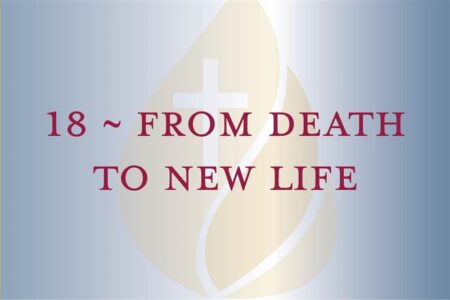


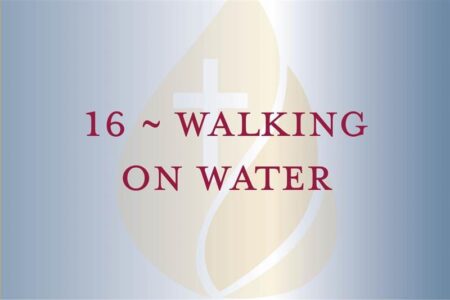
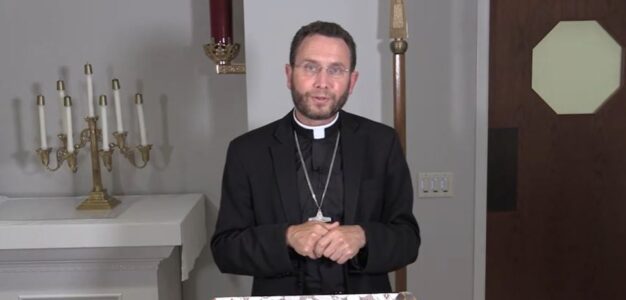

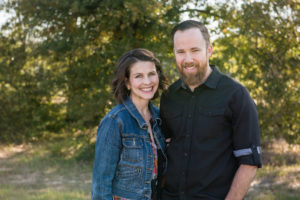

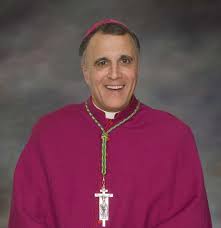
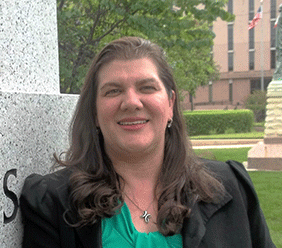
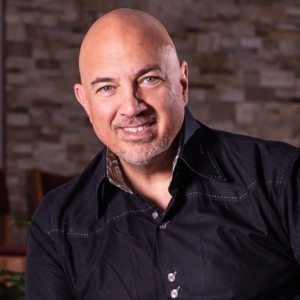
 Kimberly Kay Cox
Kimberly Kay Cox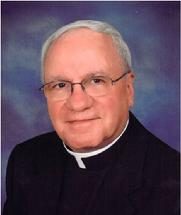
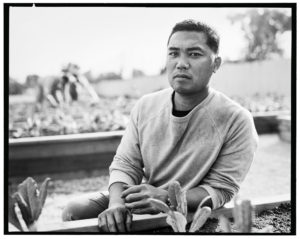





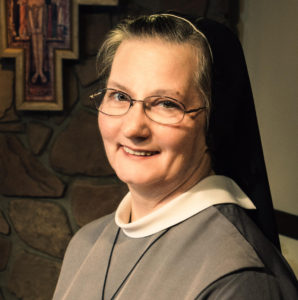
 Mark Mogilka
Mark Mogilka




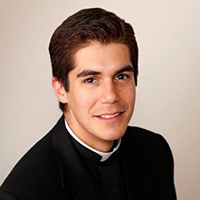
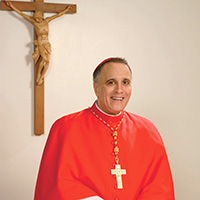






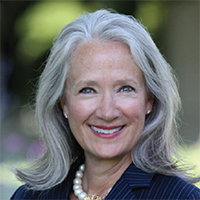
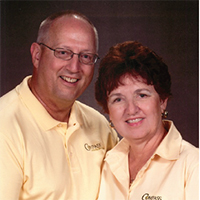
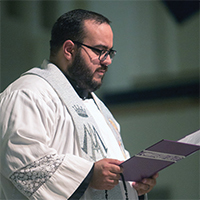
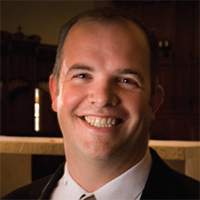


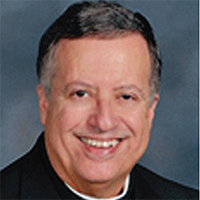

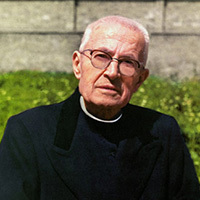


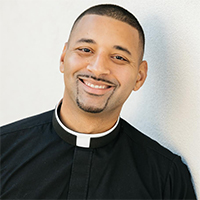




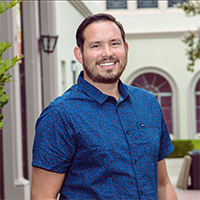
 Armando Cervantes
Armando Cervantes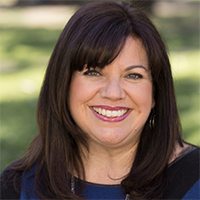 Anna Betancourt
Anna Betancourt
 Andrea Chavez-Kopp
Andrea Chavez-Kopp